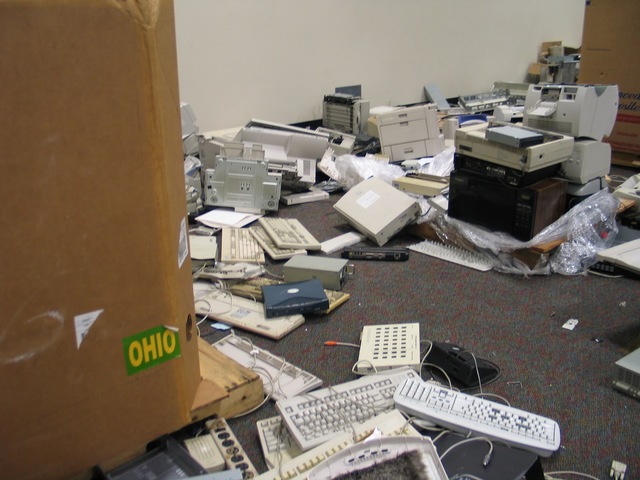What makes a cryptocoin (or any currency) valuable?
Submitted by brad on Sun, 2022-11-13 15:55
Why is a Bitcoin valuable? While almost all concede that shared faith -- or what I would term "Brand" -- is a major component of all currencies, there has been much debate over whether there are more intrinsic values that can keep the currency or token valuable, or get multiplied by brand to even higher value.







 While bitcoins have this scarcity, digital currencies as a group do not. You can always create another digital currency. And many people have. While Bitcoin is the largest, there are many "
While bitcoins have this scarcity, digital currencies as a group do not. You can always create another digital currency. And many people have. While Bitcoin is the largest, there are many " If you sell something and are paid in stolen money, there is bad news for you, the recipient of the money. If this is discovered, the original owner gets the money back. You are out of luck for having received stolen property. You might even be suspected of being involved, but even if you are entirely innocent, you still lose.
If you sell something and are paid in stolen money, there is bad news for you, the recipient of the money. If this is discovered, the original owner gets the money back. You are out of luck for having received stolen property. You might even be suspected of being involved, but even if you are entirely innocent, you still lose.